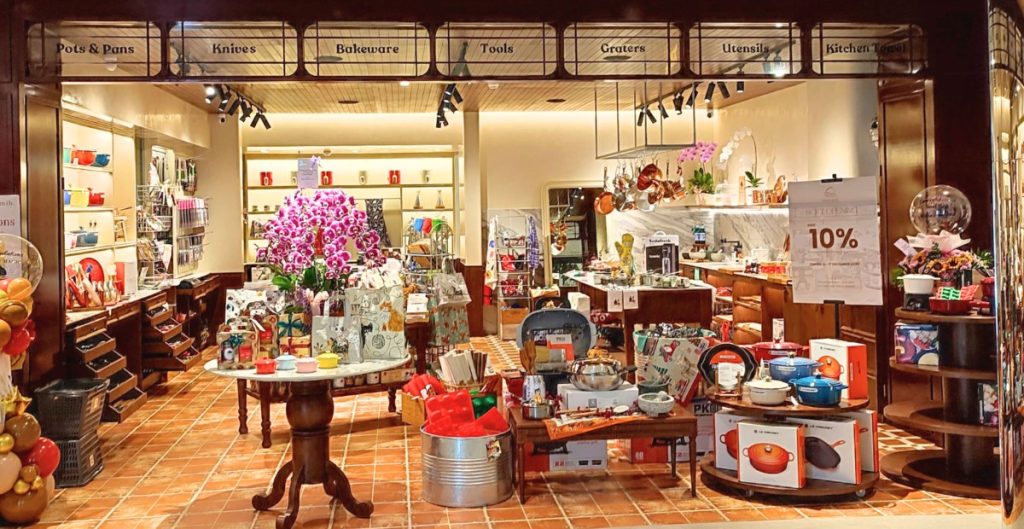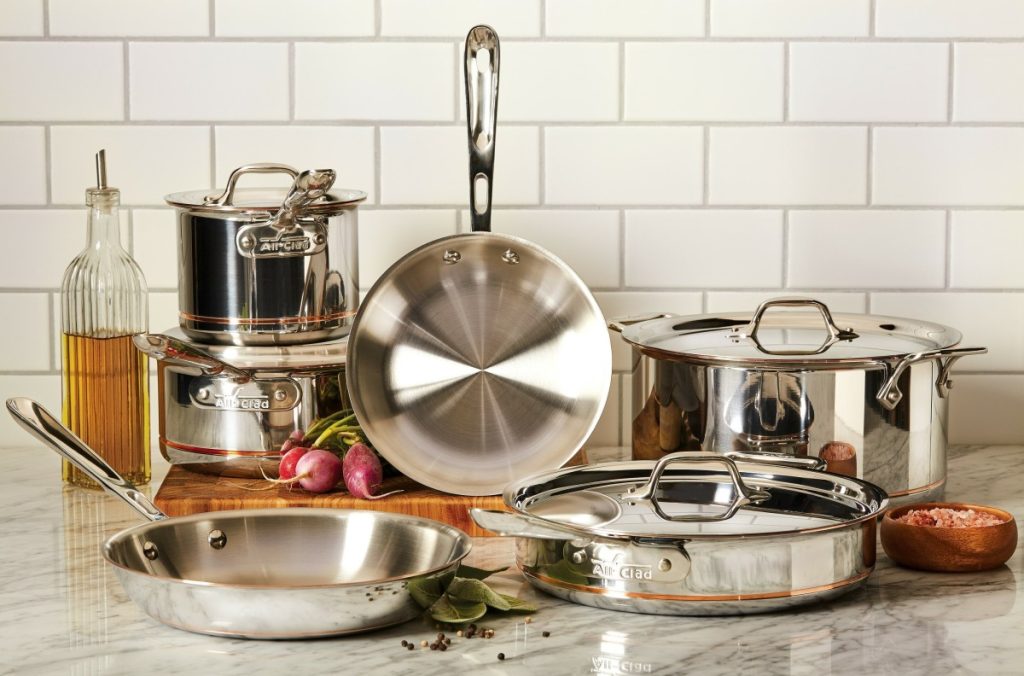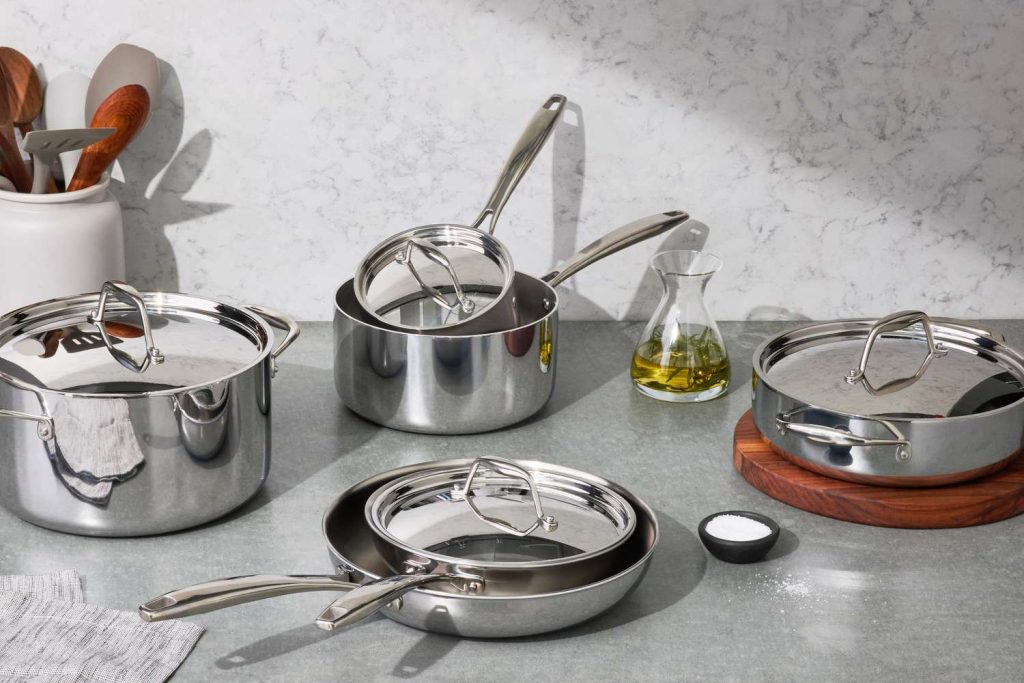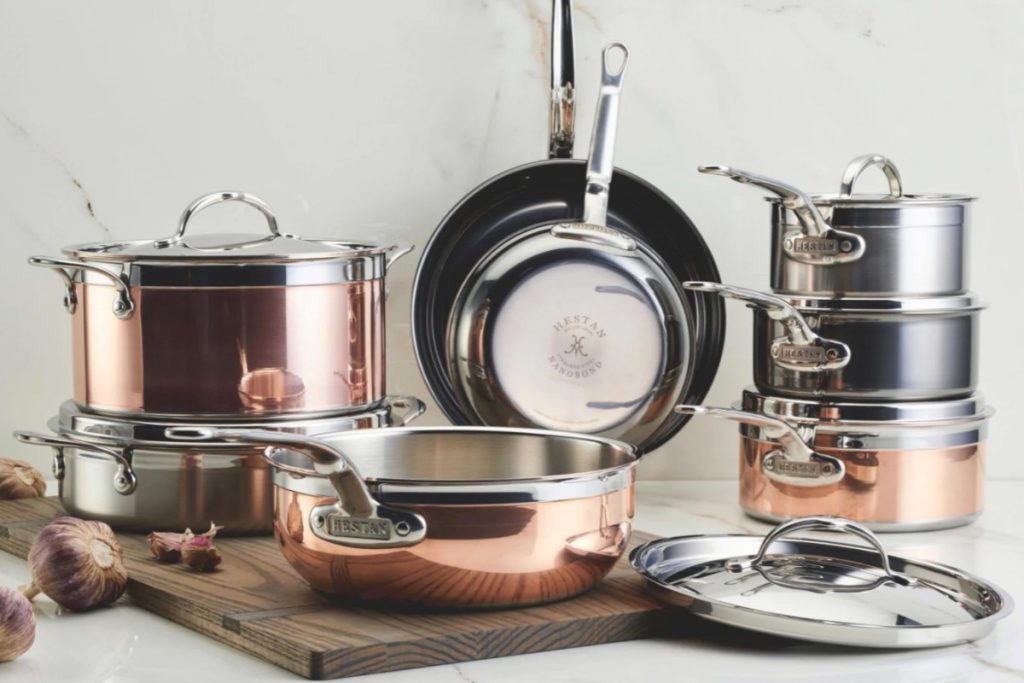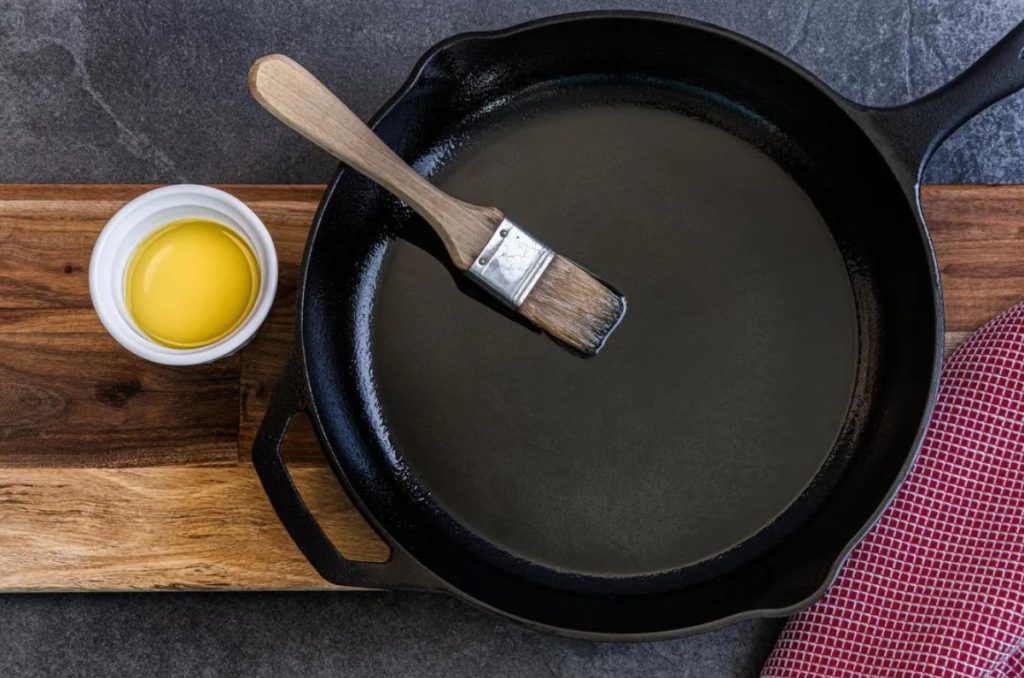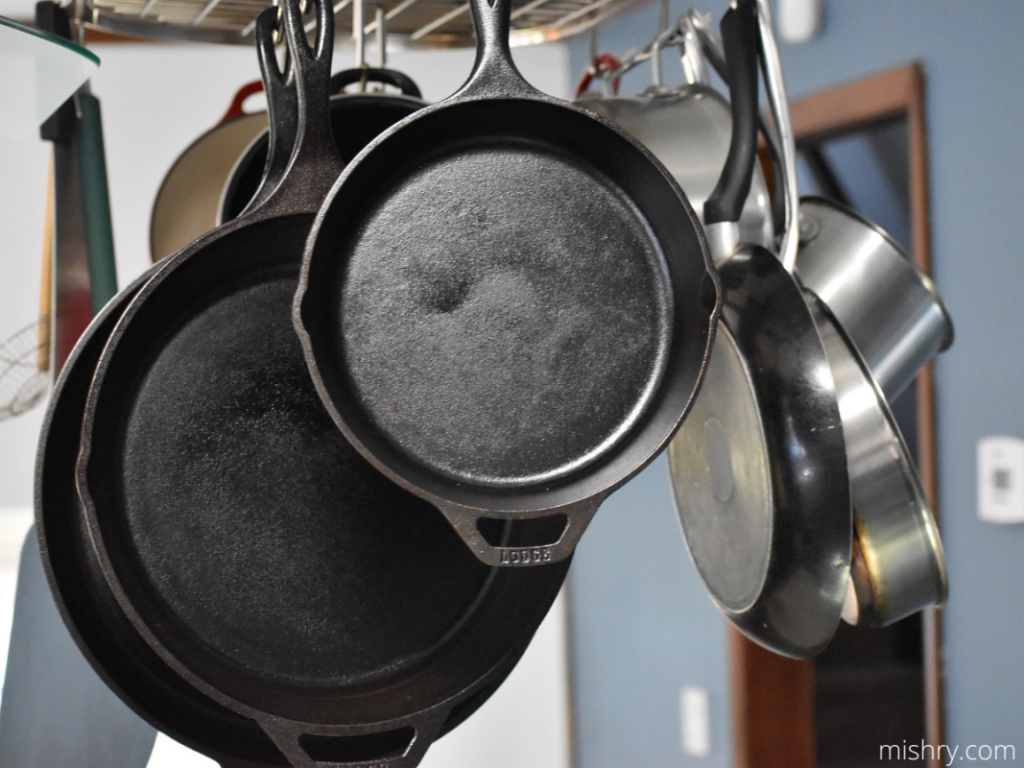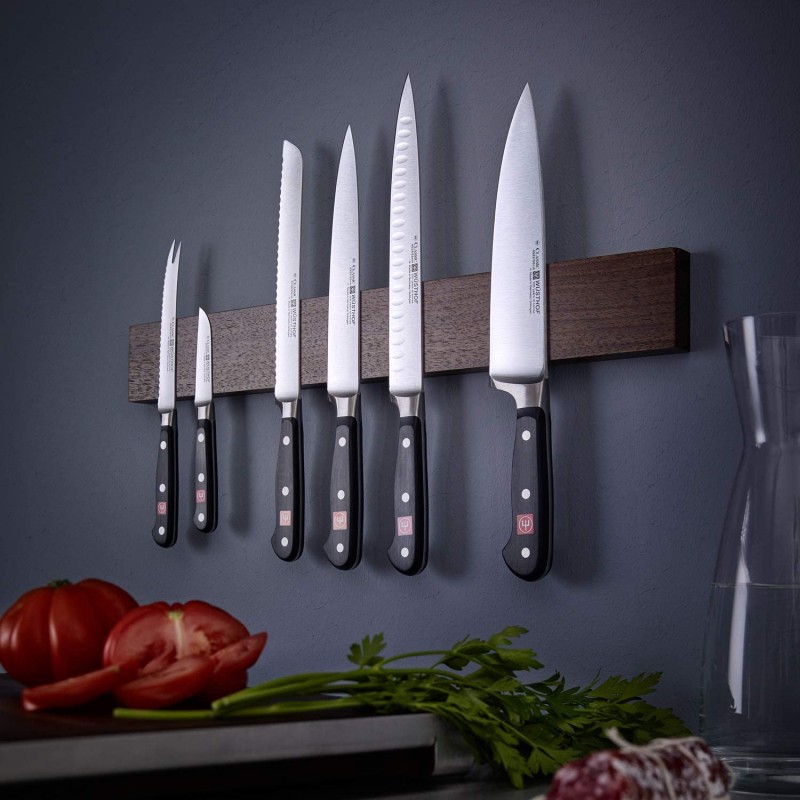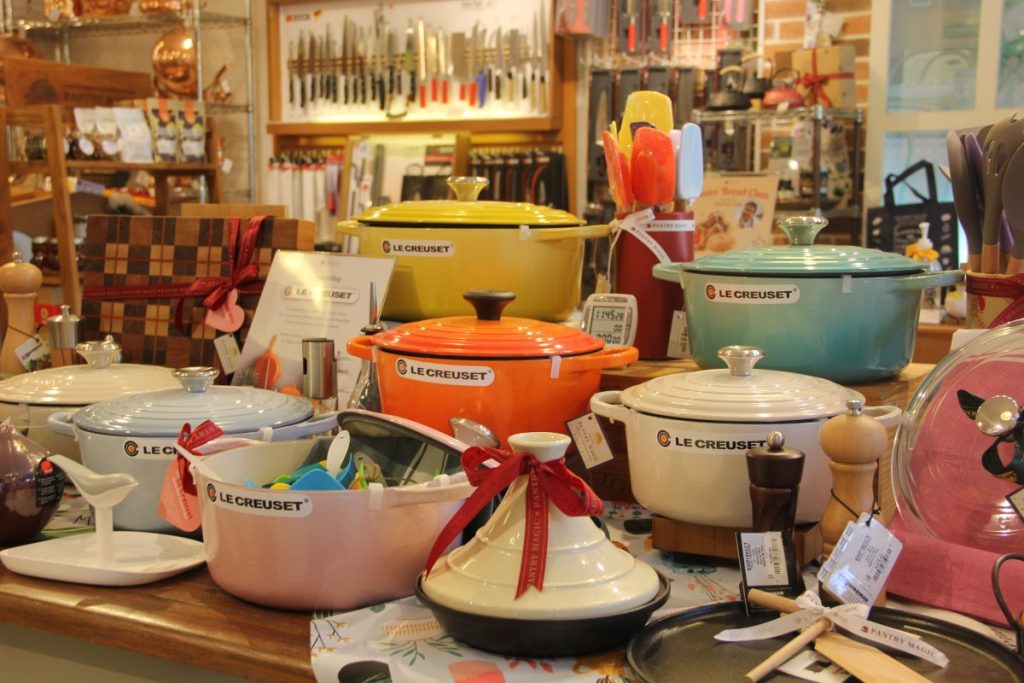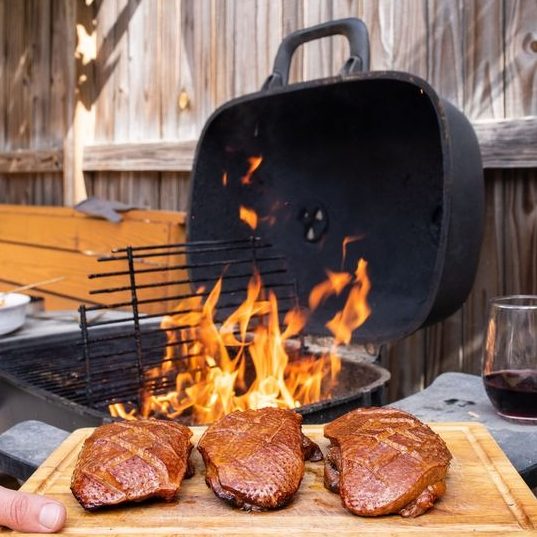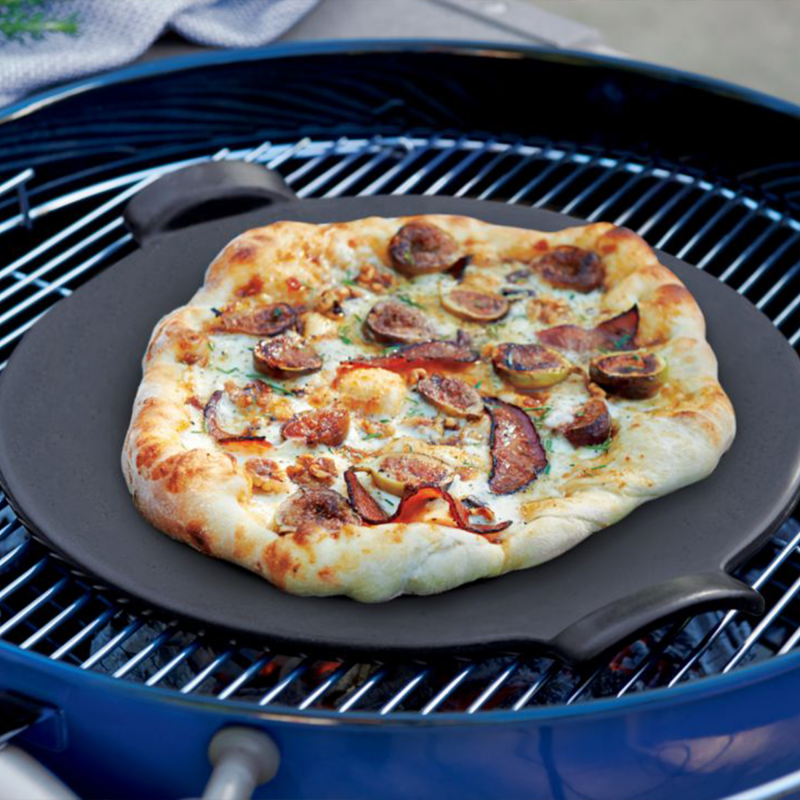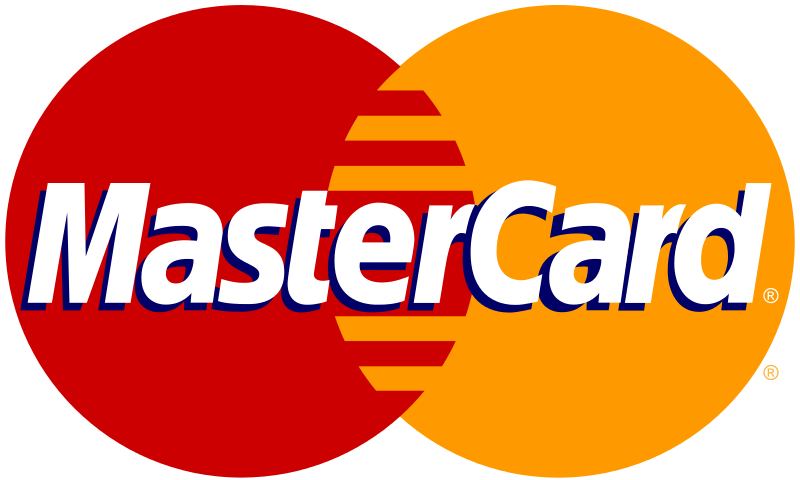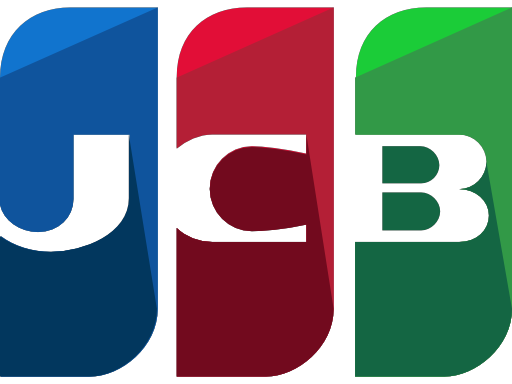Blog
Which Whisk Should I Use To Whisk…
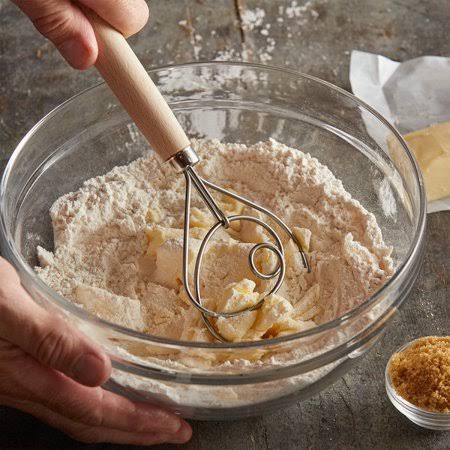
It’s no doubt that whisks are essential kitchen tools, we use it for egg whites, sauces, dough, and more. Different whisks are more or less optimal than others in certain types of scenarios. Here’s a guideline for which whisk best serves what purpose:
1. Balloon whisk: Has a rounder shape and more spaces between wires, making it springy. For both of these reasons, they increase air and add volume to the whipped food. Balloon whisks are used with a whipping technique of folding up and over for the best results in adding air. This whisk would be best when whipping egg whites, meringue, whipped cream, or anything that requires a lighter “fluffier” result.
2. French whisk: These whisks are more narrow and straighter than a balloon whisk, with commonly more stiffer wires. This profile makes it easier to get to the sides of a bowl rather than a balloon whisk. Lots of French cuisine requires sauce, hence, this whisk is great for emulsion and stirring sauces.
3. Dough/danish: Has a flatter, rounder shape with thicker wire. Dough whisks are distinct and can be easily spotted with their usual coil pattern. This whisk is best to tackle stickier or heavier dough than other whisks, since they have stiffer and less wires. Which is optimal for dough or batter, since it would less likely get into crevices and be a hassle.
4. Flat whisk: Also called a roux whisk. Completely flat with a repeated U shaped pattern, this whisk is the one to use to scrape and get all the sides and bottom of a pan, in that way, it works as a spatula as well. Just like it’s other name “roux whisk”, roux being a thickening agent commonly used in sauces or gravy, it is optimally used for mixing those two.
5. Coil/spring whisk: Has a springy, coiled, beehive shape nearing the end of the tool. Instead of using a common stirring or folding motion, with a coil whisk, you would use an up and down motion to get ingredients blended. This makes it optimal for tighter or vertical spaces, like drinks such as cocktails or hot chocolate.
6. Ball whisk: Less common whisk, they are also very distinct, with wires that come out and end in small rounded balls opposed to being interconnected with one another like balloon or french whisks. Best used to mix dry and wet ingredients or break up ingredients like egg. However, it would take a lot of effort if you use this whisk to add volume to an ingredient.
7. Aerator whisk: Just like the name, this whisk adds air to whatever dish you are whipping. Helping to add volume with its inner core of a seemingly smaller, round whisk. Suitable for beating eggs, batter, and more.
Now you know which type of whisk goes best with what you are preparing!


